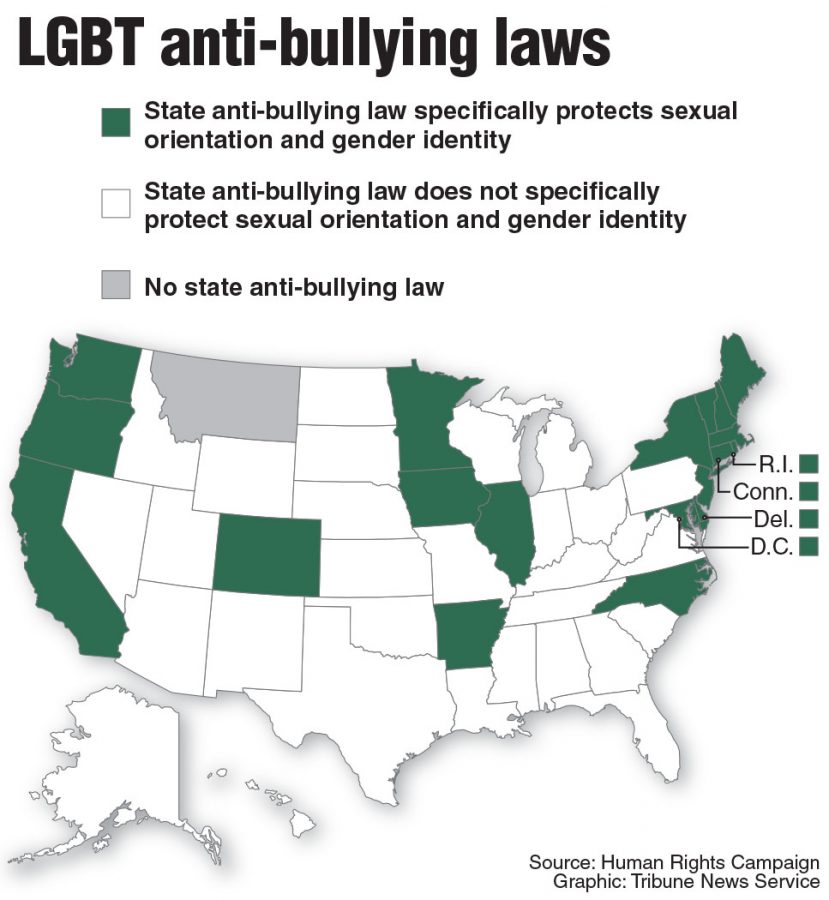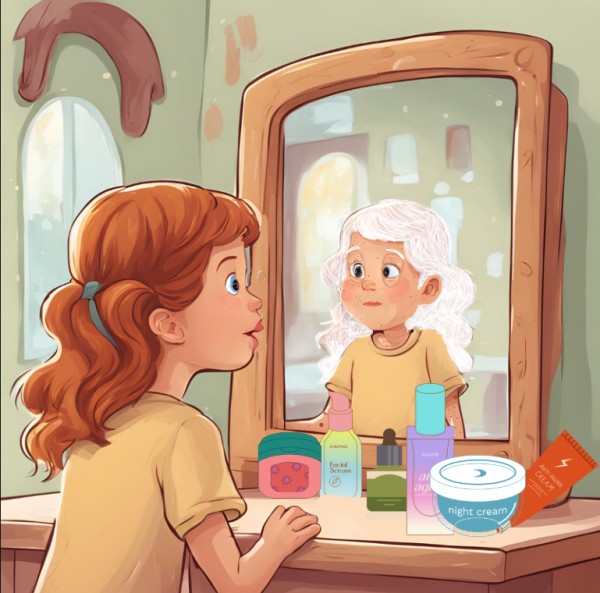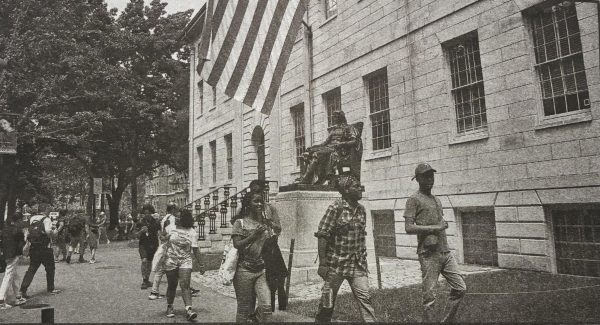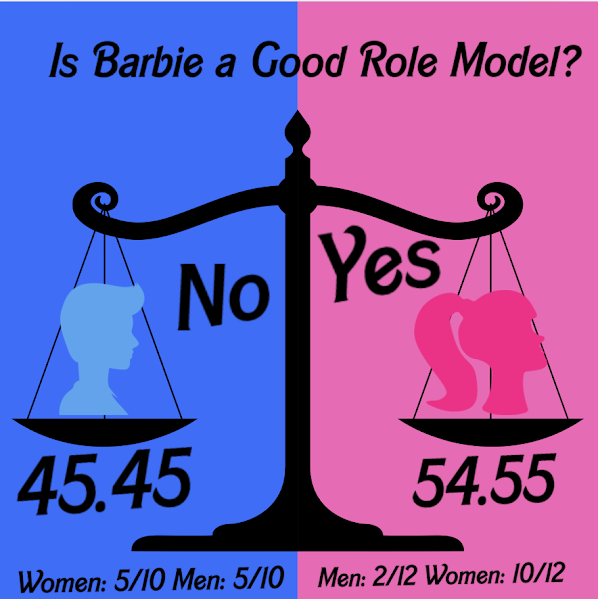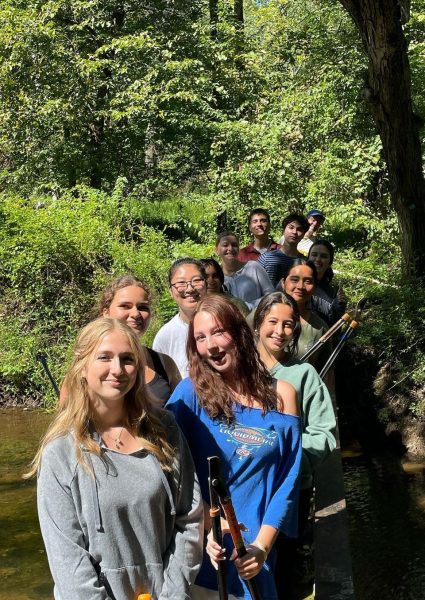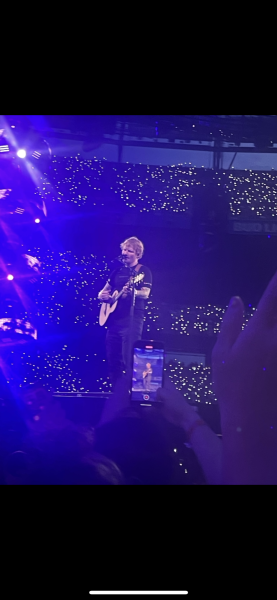Educating Against LGBTQ Discrimination
Map of states with laws protecting LGBT students from harassment. Tribune News Service 2015
In history classes throughout the nation, students are taught the struggles that discriminated groups have faced. Yet, LGBTQ history is nearly entirely excluded from textbooks and class discussions in 49 states.
California, the golden state for progressive ideas and actions, passed the Fair, Accurate, Inclusive, and Respectful (FAIR) Education Act in 2012.
The act requires school lessons from grades K-12 to include all individuals who have contributed to American history, including Native Americans, people with disabilities and LGBTQ people.
Finally, these groups are being included, but only in one state. LGBTQ individuals have been victims of exclusion for too long.
In fact, according to DoSomething.org, 80 percent of LGBTQ youth claimed to experience severe social isolation. A survey conducted by the Gay, Straight and Lesbian Education Network (GLSEN), also reported that 98.1 percent of LGBTQ students had heard the word “gay” used in a negative way in school.
These are high numbers for 2018, considering how long individuals who identify as LGBTQ have been fighting for equality.
Although they’ve been working diligently for decades to gain rights, most students could not recognize the names of the most notable activists or key events.
In fact, according to a 2015 study from GLSEN, 63 percent of students said they have never learned about LGBTQ people.
Average students don’t have any knowledge of Harvey Milk, one of the most influential political activists for LGBTQ rights, or the Stonewall Riots.
Courageous activists who have changed history and the fate of countless others should be acknowledged, appreciated and remembered.
The only probable oppositions to adding LGBTQ history into the US History curriculum are on the basis of discrimination. This includes opposition because of religion, misconceptions and homophobic ideologies.
Because most discrimination is caused by ignorance on the topic, it will slowly disappear as generations are taught the true reality and history of LGBTQ people, rather than what ethically incorrect individuals preach.
Education is known to be the most powerful tool one can attain in order to change minds and attitudes, yet schools lack curriculum including LGBTQ people.
Education will increase inclusion and acceptance of LGBTQ people. Homophobic slurs will stop being used as common vocabulary in school hallways. High suicide rates of LGBTQ youth will decrease as they become more comfortable with their identity.
LGBTQ students will be able to see themselves in the activists they learn about extensively. This newfound representation will empower LGBTQ students.
This is all very hopeful, though, considering there are still 49 states lacking required LGBTQ curriculum.

